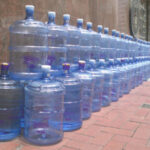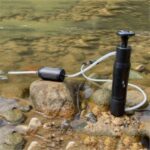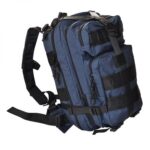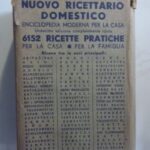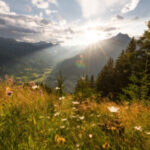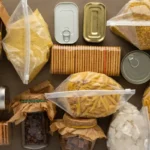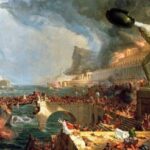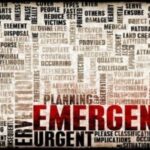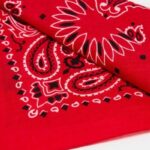October 2, 2024 SHTF
After a SHTF event, skills such as medical knowledge, carpentry, mechanical skills, and knowledge of medicinal herbs will be even more necessary.
Barter : User Guide. In ancient times, there was no other way to obtain certain item

Many centuries before the monetary system, people bartered for items they needed.
The barter system simply involves the exchange of goods and services without the payment of money.
In ancient times, there was no other way to obtain certain items than by bartering with another person.
As people began to settle in areas where it was easier to grow crops and raise animals, new activities developed, such as spinning cloth or making pottery.
The best handmade items were used as commodities to trade with other people.
Products such as blankets, furs, tobacco, and utensils were important trade items.
Flour, salt and dried foods were also very valuable.
At that time, one of the main drawbacks of bartering was the difficulty in determining the value of an object or service.
Today, this is less of a problem as most people know the cost of an item or service.
However, the bottom line is that any item is worth what someone is willing to pay – or exchange – for it: in fact, to barter or exchange, you must have something to exchange.
So the first thing you need to do is stock up on everything you think you might need for your family in an emergency.
And then stock up on useful items for other people.
In fact, any item can be used as a bargaining chip to get something you really need, as long as someone else wants what you have.
Food is certainly at the top of the list.
For this reason, it is always a good idea to stock up on some of the following items.
Salt, sugar. They also make good preservatives.
Canned food. Even the ones with lids, as long as they are not perishable.
Ground coffee. Not a staple, but there will always be someone who wants it.
Tea. Same as coffee.
n addition, other very useful items to barter for in an emergency are :
First aid supplies.
Flashlights, batteries, candles, waterproof matches.
Personal items such as toothbrushes, toothpaste, toilet paper, cosmetics and diapers.
Hand tools, cleaning supplies.
Water filters and purifiers.
In fact, anything that people normally use in their daily lives can be bartered.
Even clothes, boots, gloves, and blankets are essential items.
It should also be remembered that supplies should be stored just like money.
You should never meet someone alone, for example, with a car full of items to trade, nor should you trade items in your own home, showing your own supplies.
There are always unscrupulous people, thieves and scammers, and even more so after a disaster or economic collapse.
And if you have no stock of goods, you may be able to barter with your professional skills.
Skills such as medical knowledge, carpentry, mechanical skills and knowledge of using herbs for medicine will be even more necessary after a SHTF event, while waiting for civil society to rebuild.

